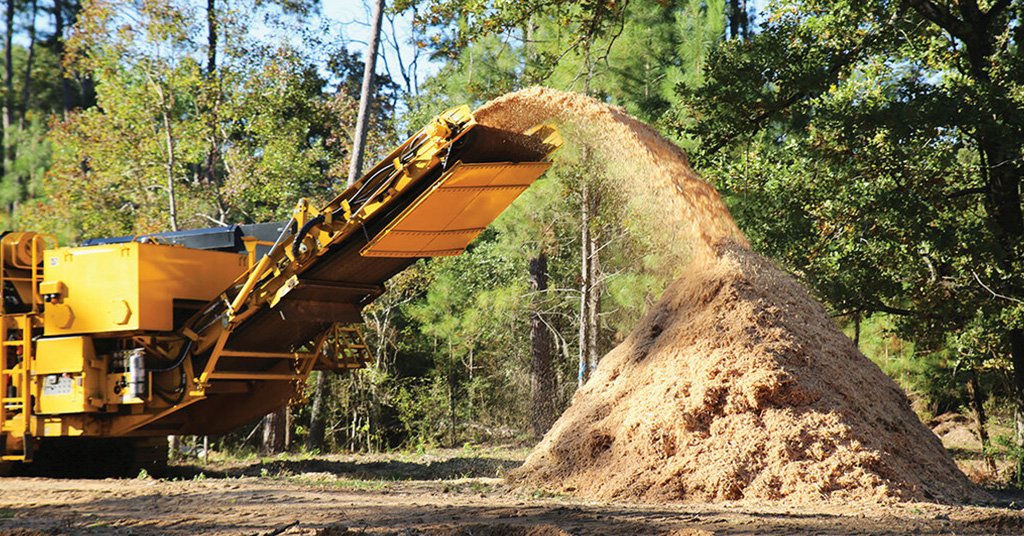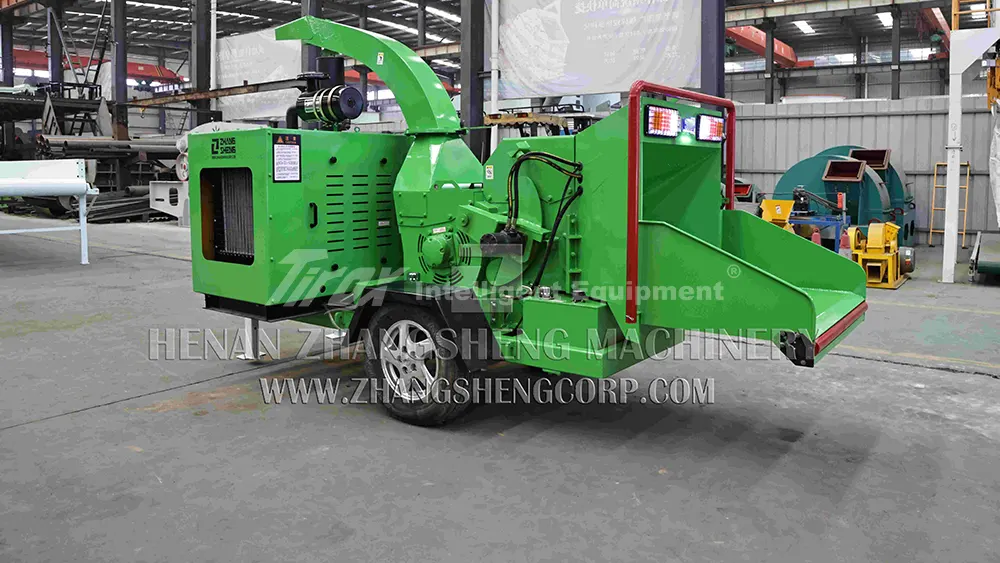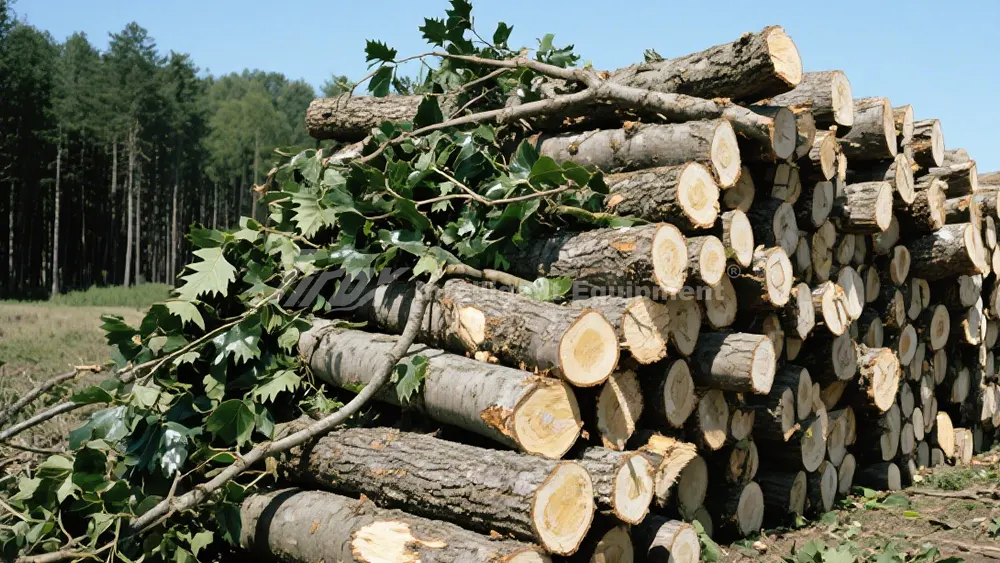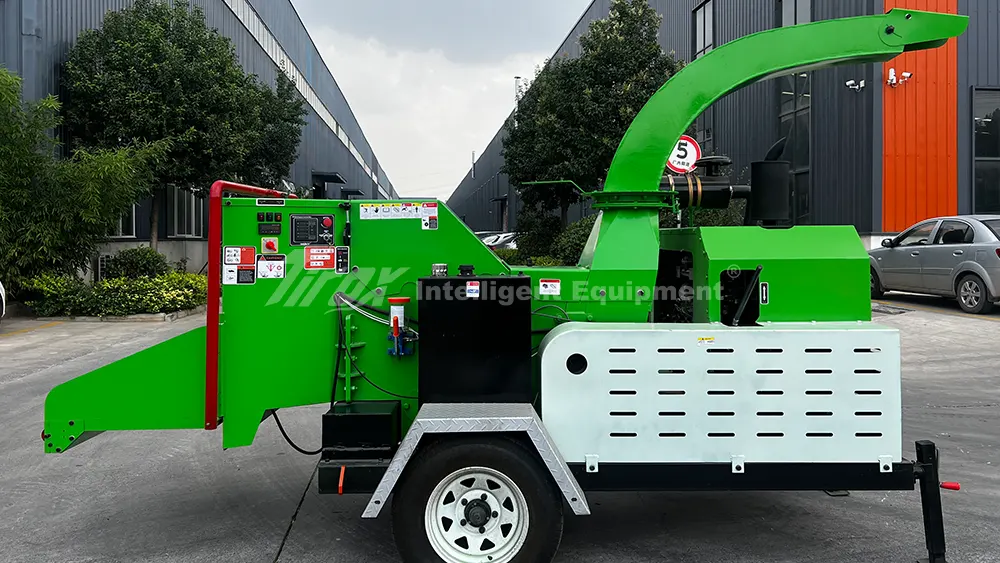
What is a Wood Chipper and How Does It Work?
A wood chipper is a robust machine designed to reduce large amounts of wood and organic matter into smaller pieces. Utilized primarily in landscaping and agricultural applications, these machines are effective at managing waste generated from tree trimming, landscaping projects, and even clearing space for new plant life. The wood chipper functions by employing a series of sharp blades, which chop up branches, leaves, and other organic materials into manageable chips or mulch.
There are mainly two types of wood chippers: electric and gas-powered models. Electric wood chippers are typically more suited for residential use, as they tend to be lighter, quieter, and easier to operate. They are ideal for smaller projects, such as processing yard waste. Conversely, gas-powered wood chippers are more vigorous and capable of handling larger branches and tougher materials. This makes them well-suited for extensive landscaping projects and industrial applications, given their portability and power. Both types share similar mechanisms but differ mainly in their power source and operational capacity.
The efficiency of a wood chipper in shredding various green waste depends on several factors, including the size and design of the blades, the feed capacity, and the power of the engine. These elements are crucial when considering the chipper’s ability to handle resilient plants like bamboo. Known for its quick growth and dense structure, bamboo can be challenging to manage. However, with the right wood chipper, burlap can be dismantled effectively, turning it into mulch, which can then be used beneficially in home gardens. Ultimately, the choice of the wood chipper plays a significant role in determining how efficiently one can tackle bamboo and other.
Using a Wood Chipper for Bamboo Disposal: Pros and Cons
Utilizing a wood chipper for bamboo disposal presents several distinct advantages, alongside some potential disadvantages. One of the primary benefits of a wood chipper is its efficiency in shredding materials quickly. Bamboo, with its hollow structure and fibrous nature, can be processed rapidly when fed into a quality wood chipper. This process not only saves considerable time but also transforms bamboo into mulch, which can subsequently be used for landscaping or garden enrichment.
Additionally, wood chippers are designed to handle dense materials, making them particularly well-suited for bamboo. Their powerful blades can easily chop through the green shoots and leaves, returning the debris to a manageable size. This capability is essential when tackling the often vigorous and tenacious growth of bamboo. As a result, homeowners looking to reclaim garden space or maintain landscapes may find a wood chipper an invaluable tool for managing bamboo effectively.
However, using a wood chipper also comes with certain considerations. One significant drawback is the potential for damage if the bamboo is not adequately prepared before chipping. Large, woody rhizomes can pose a challenge and may cause excessive wear on the chipper blades or even lead to mechanical failures. To mitigate this risk, it is advisable to cut the bamboo into smaller, more manageable sections prior to processing. Ensuring that the material is appropriately sized will not only improve the chipper’s efficiency but also extend its lifespan. Proper preparation of the bamboo is crucial to achieving optimal results when employing a wood chipper for its disposal.
In conclusion, while using a wood chipper for bamboo disposal can be an efficient process, it is essential to weigh the benefits against the potential drawbacks. Proper preparation is key to ensuring that the chipper operates effectively and safely throughout the shredding process.
Alternative Methods for Managing Bamboo
While a wood chipper can efficiently process bamboo, particularly when it is shredded into smaller pieces, there are several alternative methods for managing bamboo that can be more suitable depending on the situation. Manual removal techniques can be one of the most effective methods for controlling bamboo spread. This involves digging out the bamboo roots using a spade or a shovel. It is crucial to remove all the roots, as any remaining segments can regrow into new plants. This technique may require significant physical effort, but it ensures that the bamboo does not reestablish itself, making it a viable long-term strategy.
In addition to manual removal, chemical treatments can also play a role in managing bamboo. Herbicides specifically formulated for grass-like plants can be effective in killing bamboo without harming other landscape plants. It is advisable to apply these chemicals when bamboo is actively growing, which allows for better absorption and efficacy. Care should be taken to follow the manufacturer’s guidelines to avoid damaging desirable vegetation. However, opting for chemical solutions necessitates careful consideration of the potential environmental impact, thereby necessitating a balanced approach to bamboo management.
Installing physical barriers is another method to reduce bamboo proliferation. Metal or plastic rhizome barriers can be placed underground to restrict the growth of bamboo roots. These barriers prevent the underground runners from spreading and contain the bamboo to a designated area. This preventative measure can work in conjunction with a wood chipper, as pruning the bamboo prior to utilizing the chipper enhances the management strategy. Combining these techniques with long-term planning ensures an effective bamboo control program that promotes sustainable landscape management while considering environmental impacts.






